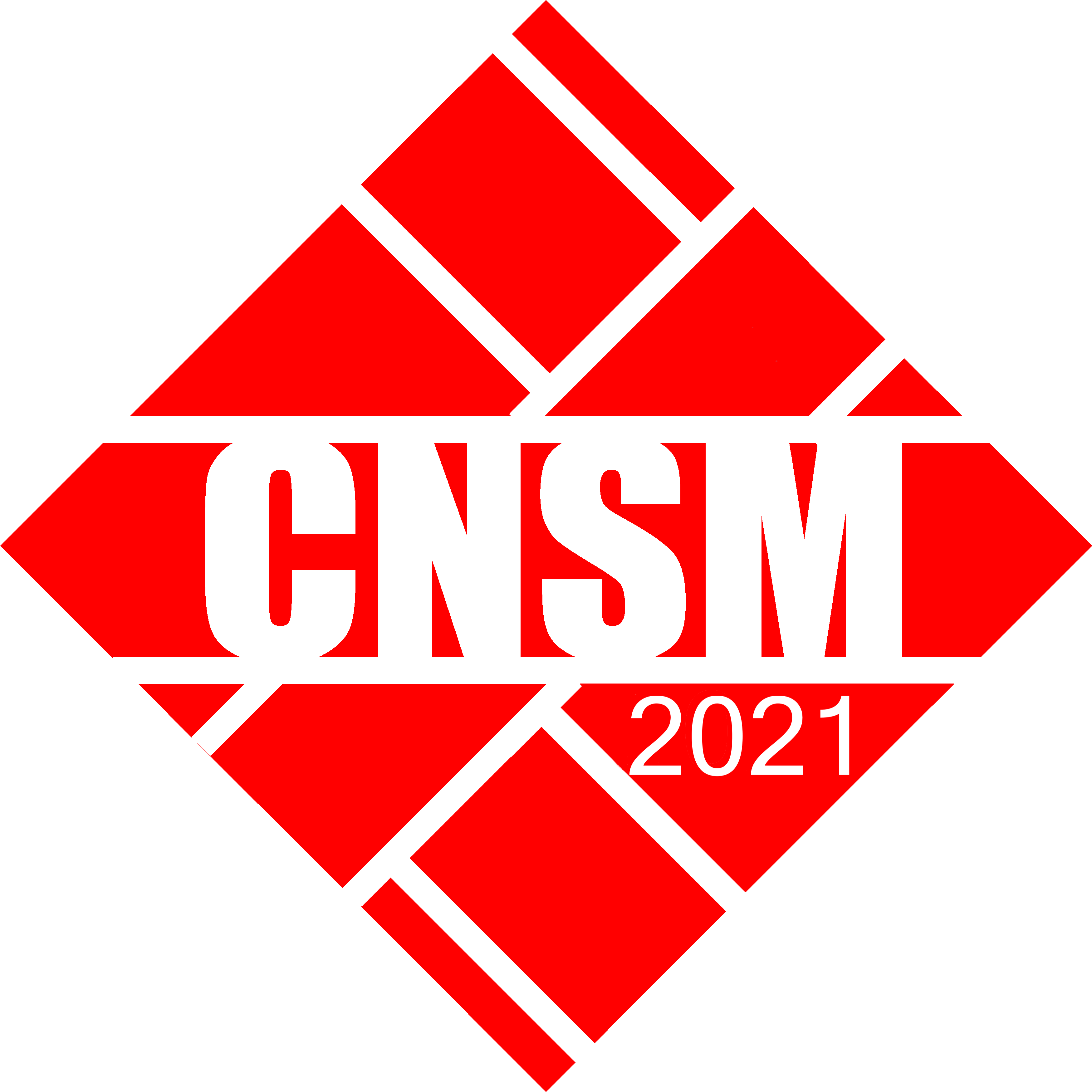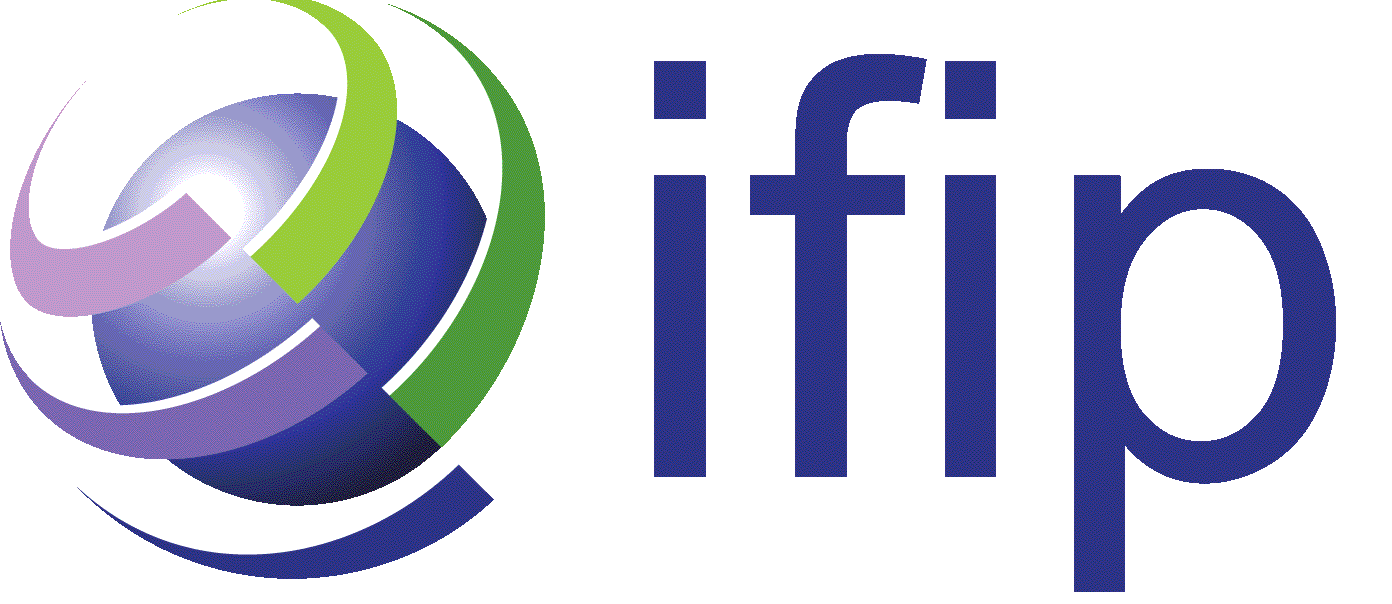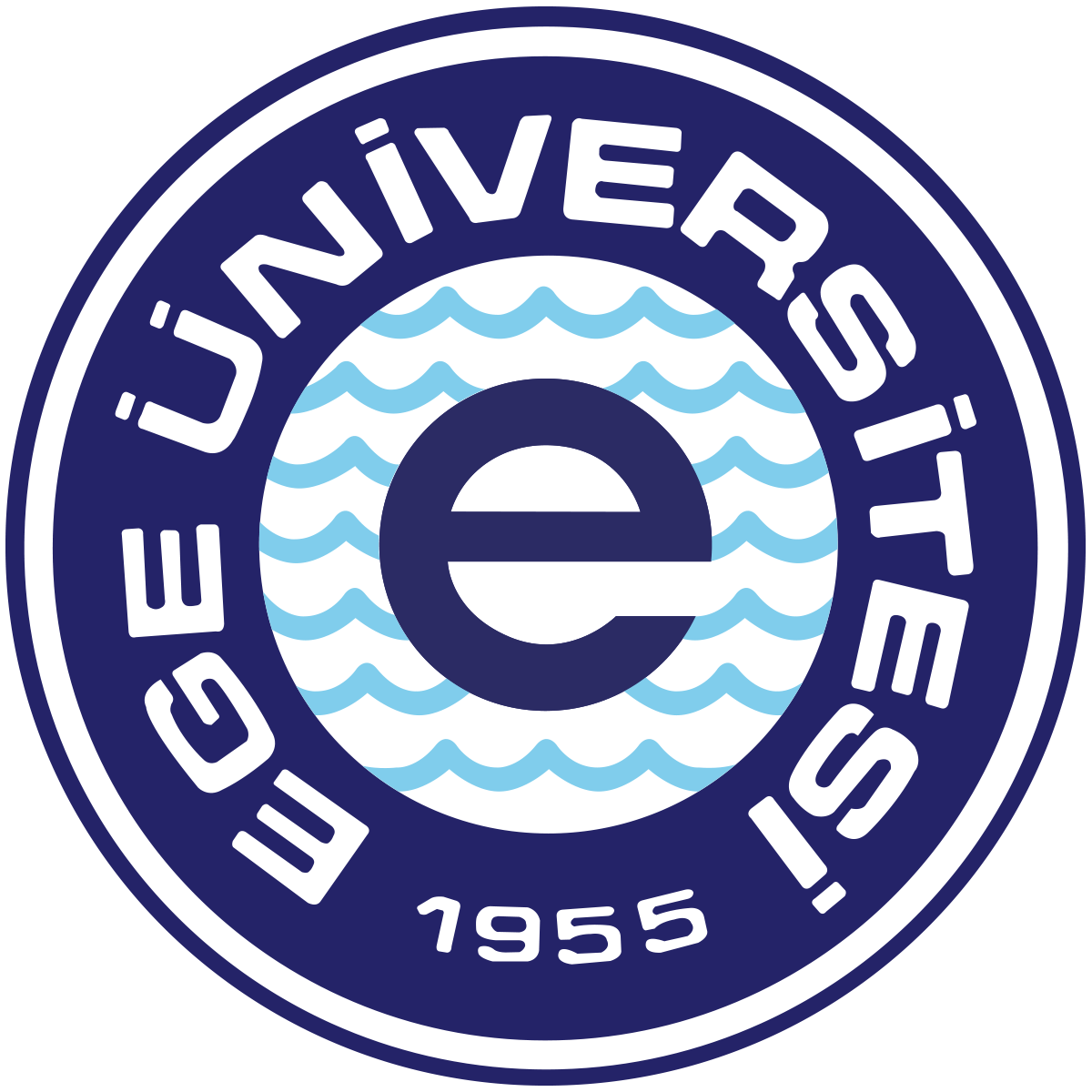
 |
 |
|
 |
 |
|
HiPNet
3rd International Workshop on High-Precision, Predictable, and Low-Latency Networking (HiPNet 2021)
Friday 29 October 2021
HipNet aims to provide a forum to discuss challenges and present work-in-progress and solution approaches to deliver/manage/control/monitor/measure on high-precision and predictable networks such as (Ultra) Low-Latency networks, deterministic networks, 6G, etc.
Workshop Co-chairs:
Raouf Boutaba - University of Waterloo, Canada
Alexander Clemm – Futurewei, USA
Guillaume Doyen - IMT-Atlantique, France
Bertrand Mathieu - Orange Labs, France
Mohamed Faten Zhani - ETS Montreal, Canada
Keynote and Panel Co-chairs:
Christian Grasso, University of Catania, Italy,
Michael Seufert, University of Würzburg, Germany
Workshop support:
The HiPNet workshop is supported by the French project MOSAICO.

Workshop Description
New waves of networked applications continue to push the limits of what is possible with networks today. For example, Industrial Internet applications, Augmented Reality, Tactile Internet require ultra-low latency measured in single-digit milliseconds and do not tolerate no jitter at all. Economic pressures mandate increasingly cloudification of real-time applications with precision service level needs. Many of those applications are mission-critical and cannot afford any loss in connectivity or even single packets. Collectively, these applications require networking services that support high-precision and predictable service levels with associated guarantees that border on determinism. This requires a rethinking of many of the principles underlying existing "Best Effort" internetworking technology.
Various approaches are emerging that try to tackle those challenges. Data centers with fixed topologies and a constant number of hops rapidly replace conventional routing and more general Internet topologies. Networks are becoming more programmable to allow to custom-tailor and optimize treatment of packets and flows. Related technologies range from Service Function Chaining to Network Slicing to SDN. While 5G is making URLLC at the network edge a reality, momentum for Beyond 5G (B5G) and 6G is building to push the boundaries of precision services beyond the edge and across the core. One overarching question concerns how these technologies can be harnessed and what additional approaches are needed to be able to actually deliver on high-precision and predictable networking. This will involve advances over all the planes constituting a network architecture, such as programming and processing of packets in the data plane, control interfaces and ultra-low latency control loops to optimize service levels in the control-plane and finally high-precision measurements and telemetry with nanosecond accuracy at scale as well as advances in the related platforms and algorithms in the management plane.
The workshop aims to provide a forum for researchers, students and professionals from industry and academia to discuss challenges, solution approaches, and work-in-progress to deliver, manage, and control high-precision and predictable networking services, including (Ultra) Low-Latency networks, deterministic networking, 6G, etc. The workshop welcomes papers related to disruptive concepts, innovative solutions, testbeds, experiments, etc. Topics of Interest include but are not limited to the following:
- Platforms to manage and operate high-precision networks and services, e.g. Industrial Networks, Tactile Networks, Augmented Reality (AR), cloud gaming
- Proof and validation of high-precision service level guarantees
- High-precision measurement techniques for ultra-low latency and jitter
- Service assurance for micro services, for service function chains
- Applications for Inband Network Telemetry and iOAM
- High-precision networking using service function chaining
- In-network service level tuning and optimization; predictable QoS
- Novel network programming models
- Applications of Artificial Intelligence for high-precision networking
- Time-Sensitive Networking (TSN) interconnect and wide-area TSN; IP and TSN convergence
- SDN applications for high-precision, high-performance networking
- High-precision networking over 5G
- High-Precision networking services using Fog and Edge Computing
- Deployment and operational experiences with Industrial Internet, Tactile Internet, networked AR, cloud gaming
- 5G optimization techniques for ensuring Low Latency
- Testbeds for High-Precision (OAI, MAGMA, etc.)
- Networking optimization for fast processing and delivery (DPDK, etc.)
- Microservices platform for ensuring High-Precision (OpenNetVM, etc.)
Workshop Timetable
The HiPNet workshop will be held on Friday October 29th. The program can be found here.
| 09h15 | Welcome message |
| 09h30 - 11h00 | Session 1: Testing & Measuring |
|
EnGINE: Developing a Flexible Research Infrastructure for Reliable and Scalable Intra-Vehicular TSN Networks Filip Rezabek, Marcin Bosk, Thomas Paul, Kilian Holzinger and Sebastian Gallenmüller (Technical University of Munich, Germany); Angela Gonzalez (Huawei Technologies Duesseldorf Gmbh, Germany); Abdoul Kane (Huawei Technologies Düsseldorf GmbH, Germany); Francesc Fons and Haigang Zhang (Huawei Technologies Duesseldorf Gmbh, Germany); Georg Carle and Jörg Ott (Technical University of Munich, Germany) |
|
|
Ducked Tails: Trimming the Tail Latency of(f) Packet Processing Systems Sebastian Gallenmüller, Florian Wiedner, Johannes Naab and Georg Carle (Technical University of Munich, Germany) |
|
|
Assessing the Threats Targeting Low Latency Traffic: the Case of L4S Marius Letourneau and Boris N'Djore (Troyes University of Technology, France); Guillaume Doyen (IMT Atlantique, France); Bertrand Mathieu (Orange Innovation, France); Rémi Cogranne (Troyes University of Technology - ICD - LM2S - UMR STMR CNRS, France); Huu Nghia Nguyen (Montimage, France) |
|
| 11h00 - 11h30 | Coffee Break |
| 11h30 - 12h30 | Session 2: Applications Behaviour |
|
An Analysis of Cloud Gaming Platforms Behavior under Different Network Constraints Philippe Graff (Universite de Lorraine, CNRS, Inria, LORIA, France); Xavier Marchal (Centre National De La Recherche Scientifique (CNRS), France); Thibault Cholez (Universite de Lorraine, CNRS, Inria, LORIA, France); Stephane Tuffin and Bertrand Mathieu (Orange Innovation, France); Olivier Festor (INRIA Nancy - Grand Est, France) |
|
|
Machine-Learning Based Prediction of Next HTTP Request Arrival Time in Adaptive Video Streaming Andrea Pimpinella and Alessandro E. C. Redondi (Politecnico di Milano, Italy); Frank Loh and Michael Seufert (University of Würzburg, Germany) |
|
| 12h30 - 13h45 | Lunch |
| 13h45 - 14h45 | Keynote |
|
Experienced Deep Learning and Control for Ultra Reliable Low Latency Communications Walid Saad (Virginia Tech, USA) |
|
| 14h45 - 15h00 | Coffee Break |
| 15h00 - 16h30 | Session 3: Latency and Scheduling Algorithms |
|
Asynchronous Time-Aware Shaper for Time-Sensitive Networking Miklós Máté, Csaba Simon and Markosz Maliosz (Budapest University of Technology and Economics, Hungary) |
|
|
Network Slicing for Deterministic Latency Sébastien Martin (Huawei, France); Paolo Medagliani (Huawei Technologies Co. Ltd., France); Jeremie Leguay (Huawei Technologies, France Research Center, France) |
|
|
gLBF: Per-flow stateless packet forwarding with guaranteed latency and near-synchronous jitter Toerless Eckert (Futurewei USA, USA); Alexander Clemm (Futurewei Technologies, USA); Stewart Bryant ( & University of Surrey, United Kingdom (Great Britain)) |
|
| 16h30 - 17h15 | Round Table |
| 17h15 - 17h30 | Wrap-up |
Keynote
Experienced Deep Learning and Control for Ultra Reliable Low Latency Communications by Walid Saad (Virginia Tech, USA)
In this talk, we provide an overview on the frontier of research in the area of ultra-reliable low latency communications (URLLC). In particular, we first introduce a novel framework that combines deep reinforcement learning with generative adversarial networks (GANs) to enable model-free URLLC under limited data availability and without requiring any knowledge or assumptions on the delay models of the wireless users. We show how the proposed experienced deep reinforcement learning framework can intelligently optimize wireless resources while balancing the tradeoff between reliability, latency, and rate. This approach presents a major departure from prior URLLC approaches that often ignore the rate constraints of the users and rely on historic data or on unrealistic delay modeling assumptions. Then, we turn our attention to the problem of joint communications and control for autonomous connected vehicles. In this area, we introduce a new model for characterizing the wireless reliability of an autonomous vehicle system while being explicitly cognizant of its control system requirements. After characterizing reliability, we show how one can optimize the operation of the autonomous vehicle system while jointly taking into account the delay of the vehicular network and the stability of the control system The synergies between URLLC and control system designs are then discussed. We conclude the talk with an overview on future opportunities in these exciting areas.
Walid Saad (S’07, M’10, SM’15, F’19) received his Ph.D degree from the University of Oslo in 2010. He is currently a Professor at the Department of Electrical and Computer Engineering at Virginia Tech, where he leads the Network sciEnce, Wireless, and Security (NEWS) laboratory. His research interests include wireless networks, machine learning, game theory, security, unmanned aerial vehicles, cyber-physical systems, and network science. Dr. Saad is a Fellow of the IEEE and an IEEE Distinguished Lecturer. He is also the recipient of the NSF CAREER award in 2013, the AFOSR summer faculty fellowship in 2014, and the Young Investigator Award from the Office of Naval Research (ONR) in 2015. He was the author/co-author of ten conference best paper awards at WiOpt in 2009, ICIMP in 2010, IEEE WCNC in 2012, IEEE PIMRC in 2015, IEEE SmartGridComm in 2015, EuCNC in 2017, IEEE GLOBECOM in 2018, IFIP NTMS in 2019, IEEE ICC in 2020, and IEEE GLOBECOM in 2020. He is the recipient of the 2015 Fred W. Ellersick Prize from the IEEE Communications Society, of the 2017 IEEE ComSoc Best Young Professional in Academia award, of the 2018 IEEE ComSoc Radio Communications Committee Early Achievement Award, and of the 2019 IEEE ComSoc Communication Theory Technical Committee. He was also a co-author of the 2019 IEEE Communications Society Young Author Best Paper and of the 2021 IEEE Communications Society Young Author Best Paper. From 2015-2017, Dr. Saad was named the Stephen O. Lane Junior Faculty Fellow at Virginia Tech and, in 2017, he was named College of Engineering Faculty Fellow. He received the Dean's award for Research Excellence from Virginia Tech in 2019. He currently serves as an editor for the IEEE Transactions on Mobile Computing, the IEEE Transactions on Network Science and Engineering, and the IEEE Transactions on Cognitive Communications and Networking. He is an Editor-at-Large for the IEEE Transactions on Communications.
Panel
Panel: Towards Implementing High Precision Networking
Moderator: Alexander Clemm (FutureWei, USA)
Panelists: Georg Carle (Technische Universität München, Germany), János Farkas (Ericsson, Hungary), Franz-Josef Götz (Siemens, Germany), Stéphane Tuffin (Orange, France)
Abstract:
New networked applications, such as cyber-physical systems, augmented/virtual reality or industrial applications require high-precision, predictable and low-latency networking. After previous editions of the HiPNet workshop discussed the readiness of the Internet for high precision networking (HiPNet 2018) and the applicability of service function chaining for providing high precision networking (HiPNet 2019), this panel will focus on the implementation of high precision networking.
The panel will discuss what are the key differences towards “normal” networking, which make the implementation of high precision networking fundamentally different from established networking concepts. Moreover, it will be debated which functionalities are required for monitoring, measuring, and managing networks, and where they need to be implemented, e.g., at the network core or at the edge. Finally, the question arises what impact virtualization has on service assurance and fulfillment, and which technologies, such as programmable data planes, network slicing, or AI/ML-supported network management, are most promising towards implementing high precision networking. Thereby, the panel aims to identify open research questions, which need to be tackled in the future.
Georg Carle (Technische Universität München, Germany) is professor at the Department of Informatics at Technical University of Munich (TUM), Germany, heading the chair of Network Architectures and Services. He studied electrical engineering at University of Stuttgart. Studies abroad included a Master of Science in Digital Systems at Brunel University, London, and Ecole Nationale Superieure des Telecommunications, Paris (now Telecom ParisTech), followed by a PhD in Computer Science at University of Karlsruhe. Supported by a Marie-Curie Fellowship, he worked as postdoctoral scientist at Institut Eurecom, Sophia Antipolis, France. Subsequently, he worked at Fraunhofer Institute for Open Communication Systems, Berlin, where he directed the competence center on Global Networking. In 2003, he joined University of Tübingen as a full professor, founding the chair of Computer Networks and Internet, from where he moved to Technical University of Munich in 2008. His work addresses Internet technologies with an emphasis on high performance low-latency packet processing, security and resilience of networked systems, and the application of machine learning techniques.
Dr. János Farkas (Ericsson, Hungary) is a principal researcher in the area of deterministic networking at Ericsson Research. He is active in standardization of deterministic networking technologies in packet networks. He serves as the Chair of the IEEE 802.1 Time-Sensitive Networking Task Group, and as a Co-Chair of the IETF Deterministic Networking Working Group. He holds Ph.D. and M.Sc. degrees in electrical engineering from the Budapest University of Technology and Economics, Hungary.
Franz-Josef Götz (Siemens, Germany) graduated with a diploma in data processing technology from FH Nuernberg, Germany. He joined Siemens in 1993 and was working for a R&D group dealing with real time operating and communication systems. He was working on various projects for synchronization, low latency and redundancy to make Ethernet applicable for industrial control. He was involved in the standardization of synchronization (IEEE 1588), high available automation networks (IEC 62439-3) and deterministic Ethernet (IEEE 802.1 Time Sensitive Networking, TSN). Since 2018 he has been involved in end-to-end communication with deterministic QoS over IP subnetworks. At Siemens he is working as project manager on research projects for industrial deterministic communication.
Stéphane Tuffin (Orange, France) is an R&D engineer at Orange Labs since 20 years recognized as an Orange Expert on Future Networks. He has been deeply involved in the transition from circuit-switched voice to IP and spent several years in preparing and supporting IMS deployments in Orange countries. In 2013, he took the lead of a project aiming at bootstrapping company assets in the field of Web real-time communications which gave birth to a Cloud solution for businesses. Since 2017, he is leading a research program aiming at giving visibility and control on the quality experienced by users on Orange networks. His own research interests are the monitoring of encrypted traffic and low-latency networking.
HiPNet 2021 Technical Program Committee
Anna Brunstrom, Karlstad University, Germany
Bingyang Liu, Huawei, China
Changyang She, The University of Sydney, Australia
Edgardo Montes de Oca, Montimage, France
Federica Paganelli, University of Pisa, Italy
Flavio Esposito, Saint Louis University, US
Florian Wamser, University of Wuerzburg, Germany
Georg Carle, Technische Universitaet Muenchen, Germany
Guido Maier, Politecnico di Milano, Italy
Guido Marchetto, Politecnico di Torino, Italy
Jiasi Chen, University of California, Riverside, US
K.K. Ramakrishnan, University of California, US
Luciano Paschoal Gaspary, Federal Univ of Rio Grande do Sul, Brasil
Maria Torres Vega, Ghent University, Belgium
Martin Reisslein, Arizona State University, US
Salvatore Serrano, University of Messina, Italy
Sebastian Troia, Politecnico di Milano, Italy
Shen Yan, Huawei Technologies Co, China
Silvia Fichera, Scuola Superiore Sant'Anna, Italy
Stephane Tuffin, Orange Labs, France
Stewart Bryant, University of Surrey, UK
Stuart Clayman, University College London, UK
Thibault Cholez, Universite de Lorraine, LORIA, France
Thomas Schmidt, Hamburg University of Applied Sciences, Germany
Toerless Eckert, Futurewei, US
Uma Chunduri, Intel, US
Valerio Frascolla, Intel Deutschland Gmbh, Germany
Xavier Lagrange, IMT Atlantique, France




